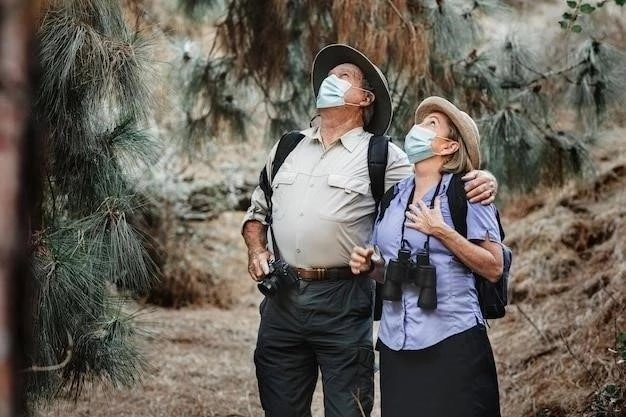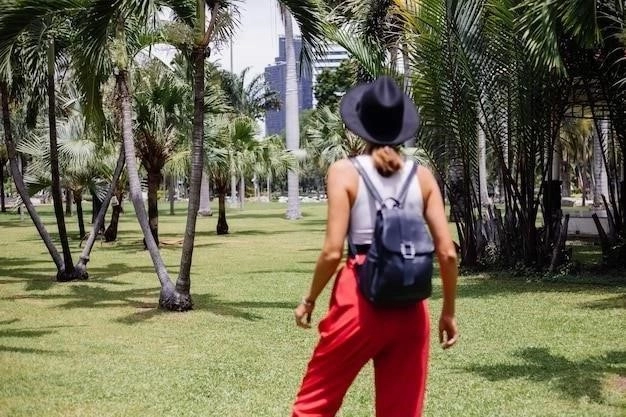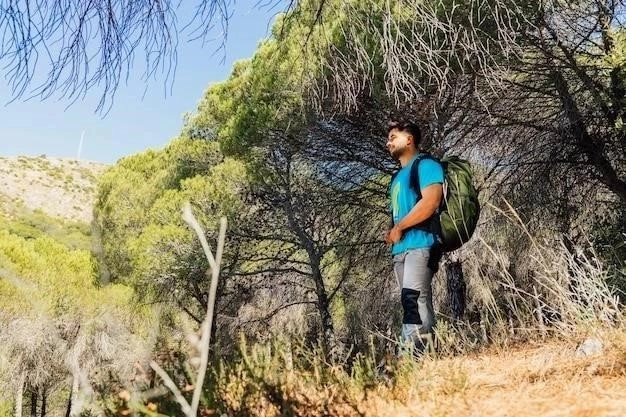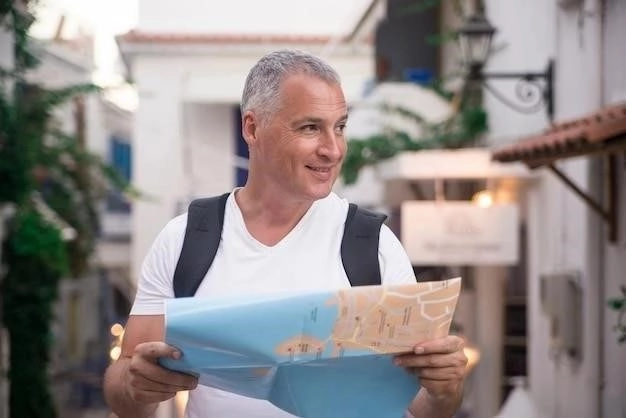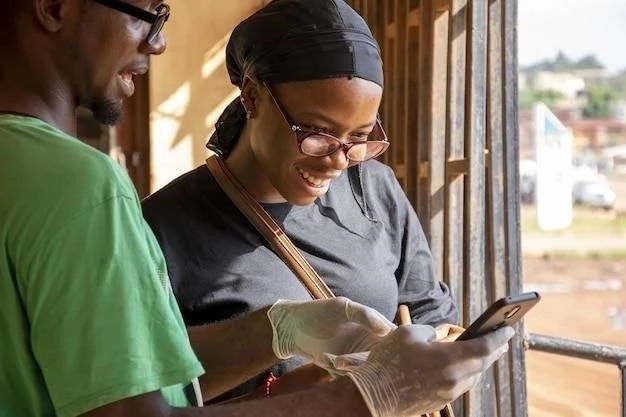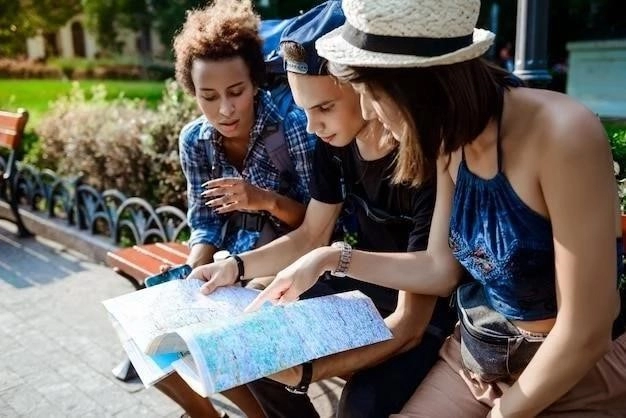
Discovering Honduras: An Introduction
Nestled in the heart of Central America, Honduras beckons travelers with its captivating blend of natural beauty, ancient history, and vibrant culture. Often overlooked, this hidden gem offers a wealth of experiences for the discerning adventurer. From the idyllic Caribbean coastlines to the verdant rainforests and majestic Mayan ruins, Honduras presents a captivating tapestry of landscapes waiting to be explored.
Immerse yourself in the turquoise waters of the Bay Islands, renowned for their world-class diving and pristine beaches. Journey back in time at the awe-inspiring ruins of Copán, a UNESCO World Heritage Site, and delve into the mysteries of the ancient Mayan civilization. Hike through lush national parks, encounter exotic wildlife, and raft down pristine rivers, embracing the country’s untamed beauty.
Beyond its natural wonders, Honduras boasts a rich cultural heritage, reflected in its vibrant music, traditional dance forms, and delectable cuisine. Engage with the warmth and hospitality of the Honduran people, savor the flavors of local delicacies, and witness the rhythmic energy of their celebrations. Whether you seek adventure, relaxation, or cultural immersion, Honduras promises an unforgettable travel experience.
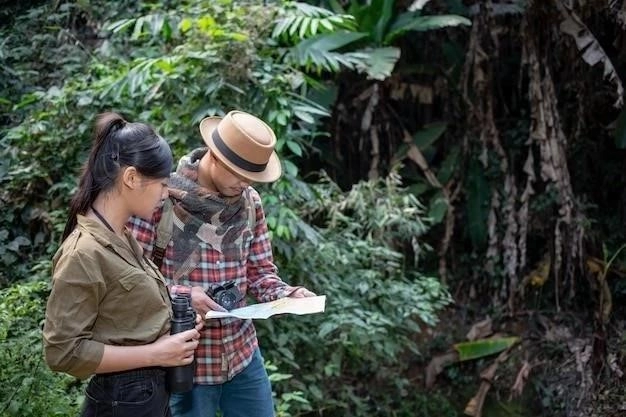
Essential Travel Information
Prior to embarking on your Honduran adventure, familiarizing yourself with essential travel information will ensure a seamless and enjoyable trip. From visa regulations to health precautions and currency exchange, understanding the practicalities is crucial for a hassle-free experience.
Citizens of many countries are eligible for visa-free entry into Honduras for a limited period. However, it is imperative to verify the specific visa requirements based on your nationality well in advance of your intended travel dates. Ensure your passport is valid for at least six months beyond your stay and consider obtaining travel insurance to cover any unforeseen circumstances.
Health and safety are paramount when traveling to any foreign country. Consult with your healthcare provider regarding recommended vaccinations and necessary precautions. It is advisable to pack a well-stocked first-aid kit and be mindful of food and water safety. Additionally, stay informed about the latest safety guidelines and any travel advisories issued by your government.
2.1 Visa Requirements and Entry Regulations
Prior to your departure for Honduras, it is essential to ensure you meet the necessary entry requirements. Citizens of certain countries are granted visa-free entry for a stipulated period, typically 90 days, for tourism purposes. However, it is crucial to verify the specific regulations applicable to your nationality with the Honduran embassy or consulate in your home country.
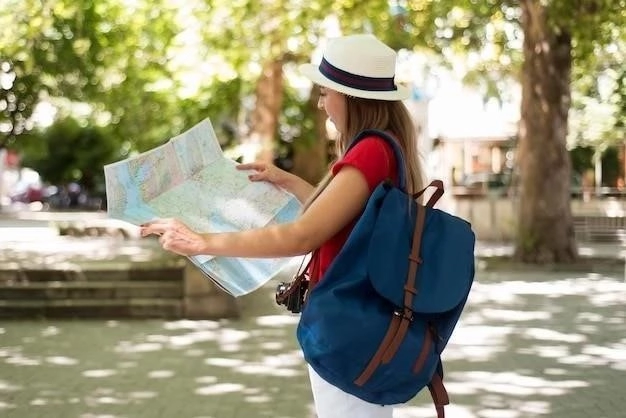
To enter Honduras, you must possess a valid passport with at least six months of remaining validity beyond your intended stay. Upon arrival, immigration officials may request proof of onward travel, such as a return ticket or itinerary, as well as evidence of sufficient funds to cover your expenses during your visit. It is recommended to carry printed copies of these documents, in addition to electronic versions, for ease of access.

If your nationality requires a visa to enter Honduras, you must obtain it from the Honduran embassy or consulate prior to your arrival. Visa application procedures and processing times may vary, so it is advisable to initiate the process well in advance of your planned travel dates. Be prepared to submit supporting documentation, such as a completed visa application form, passport-sized photographs, and proof of accommodation and financial means.
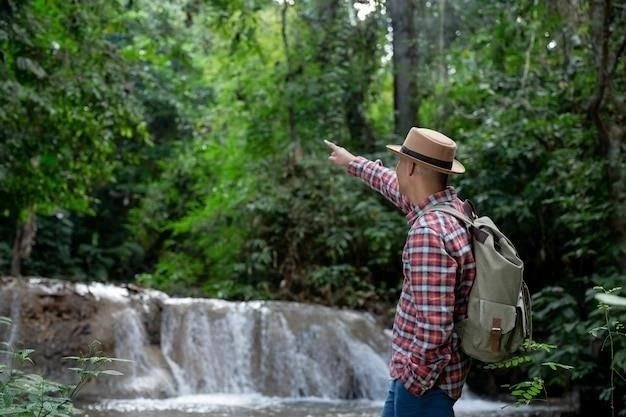
2.2 Health and Safety Precautions
Ensuring your health and safety while traveling in Honduras is of paramount importance. Prior to your departure, it is highly recommended to consult with your healthcare provider or a travel medicine specialist regarding necessary vaccinations and preventative measures. Routine vaccinations, such as Hepatitis A and Typhoid, are generally recommended, while additional vaccinations may be advised based on your itinerary and planned activities.
Food and water safety should be a priority throughout your trip. Consume bottled water from reputable sources and avoid drinking tap water unless it has been boiled or purified. Exercise caution when consuming food from street vendors and opt for well-cooked meals from established restaurants. It is advisable to pack a basic first-aid kit containing essential medications, insect repellent, sunscreen, and oral rehydration salts.
While Honduras is generally a safe destination for travelers, it is essential to exercise vigilance and take precautions to safeguard your belongings. Avoid displaying expensive jewelry or large amounts of cash, and be mindful of your surroundings, particularly in crowded areas or at night. Secure your valuables in hotel safes when not in use and be wary of individuals approaching you with unsolicited offers or distractions.
2.3 Currency Exchange and Budgeting
The official currency of Honduras is the Honduran lempira (HNL), but US dollars are widely accepted throughout the country. It is advisable to carry a combination of both currencies for convenience. When exchanging currency, it is generally recommended to do so at banks or authorized exchange bureaus, as they typically offer more favorable rates compared to hotels or street vendors. ATMs are readily available in major cities and towns, allowing you to withdraw local currency using your debit or credit card.
When budgeting for your trip to Honduras, it is essential to consider your travel style and spending habits. Accommodation costs can range from budget-friendly hostels and guesthouses to upscale hotels and resorts. Local transportation, such as buses and taxis, is relatively inexpensive, while domestic flights can be a convenient but pricier option for longer distances. Meals at local eateries are generally affordable, while dining at more upscale restaurants can add to your expenses.
As a general guideline, budget travelers can expect to spend around $30-40 USD per day, while mid-range travelers may spend $50-80 USD per day. Luxury travelers should allocate a higher budget for accommodations, dining, and activities. It is always wise to factor in a contingency fund for unexpected expenses or souvenirs.
Must-Visit Destinations
Honduras boasts a treasure trove of captivating destinations, each offering a unique blend of natural beauty, cultural immersion, and thrilling adventures. From pristine Caribbean islands to ancient Mayan ruins and verdant rainforests, exploring these must-visit destinations will undoubtedly leave a lasting impression.
For those seeking idyllic beaches and unparalleled diving experiences, the Bay Islands are a paradise found. Roatán, the largest of the islands, boasts vibrant coral reefs teeming with marine life, while Utila is renowned as one of the most affordable places in the world to obtain a scuba diving certification. Guanaja, the least developed of the three, offers a secluded escape amidst pristine natural beauty.
Venturing inland, history buffs will be captivated by the ancient Mayan ruins of Copán, a UNESCO World Heritage Site. Transport yourself back in time as you explore the intricate hieroglyphics, towering stelae, and grand plazas of this once-thriving civilization. Nearby, the charming town of Copán Ruinas offers a tranquil base for exploring the ruins and immersing oneself in the local culture.
3.1 The Bay Islands: Roatán, Utila, and Guanaja
Fringing the azure Caribbean Sea, the Bay Islands of Honduras are a tropical paradise renowned for their pristine beaches, crystal-clear waters, and world-class diving. Each island possesses a distinct charm and allure, offering a unique slice of paradise for discerning travelers.
Roatán, the largest and most developed of the Bay Islands, captivates visitors with its vibrant coral reefs, luxurious resorts, and lively nightlife. Divers and snorkelers flock to the island’s western shores, where the Mesoamerican Barrier Reef, the second-largest in the world, teems with marine life. Explore charming villages, indulge in duty-free shopping, or simply unwind on pristine beaches fringed with swaying palm trees.
Utila, renowned for its laid-back atmosphere and affordability, is a haven for backpackers and budget-conscious travelers. The island is a world-renowned destination for scuba diving, offering the chance to encounter whale sharks, majestic creatures that frequent the waters surrounding the island. Embrace the bohemian vibe of Utila Town, mingle with fellow travelers, and savor delicious seafood at local eateries.
3.2 Copán: Exploring Mayan Ruins
Journey back in time at Copán, a UNESCO World Heritage Site and one of the most impressive Mayan archaeological sites in Central America. Nestled amidst verdant hills in western Honduras, Copán offers a captivating glimpse into the ancient Mayan civilization, renowned for its advanced knowledge of astronomy, mathematics, and art.
Explore the site’s magnificent ruins, including towering stelae adorned with intricate carvings depicting Mayan rulers, the Hieroglyphic Stairway, a monumental staircase inscribed with over 2,500 glyphs, and the grand plaza, where ceremonial rituals and ball games once took place. Marvel at the intricate details of the Rosalila Temple, a remarkably preserved structure discovered beneath later constructions, showcasing the architectural prowess of the Mayan people.
Beyond the main archaeological site, venture to the nearby Sculpture Museum, which houses an impressive collection of artifacts excavated from Copán, providing further insights into Mayan culture and history. Immerse yourself in the natural beauty of the surrounding rainforest, home to exotic birds, howler monkeys, and lush vegetation.
3.3 La Ceiba and the Cangrejal River
Nestled on the Caribbean coast of Honduras, La Ceiba is a vibrant city renowned as the gateway to the pristine wilderness of Pico Bonito National Park and the exhilarating rapids of the Cangrejal River. Adventure seekers and nature enthusiasts will find themselves captivated by the region’s unparalleled beauty and thrilling activities.
Embark on an unforgettable white-water rafting expedition down the Cangrejal River, navigating its exhilarating rapids amidst stunning rainforest scenery. Experienced guides ensure a safe and unforgettable adventure, suitable for both novice and seasoned rafters. For those seeking a more tranquil experience, kayaking and tubing trips offer a unique perspective of the river’s beauty.
Venture into the lush depths of Pico Bonito National Park, a biodiversity hotspot home to towering peaks, cascading waterfalls, and an abundance of wildlife. Hike through verdant trails, marvel at the cascading waters of El Bejuco Waterfall, or challenge yourself with a climb to the summit of Pico Bonito, the second-highest peak in Honduras, rewarding yourself with panoramic views of the surrounding rainforest.
Immersing in Honduran Culture
Beyond its natural wonders, Honduras possesses a rich and vibrant culture, deeply rooted in ancient traditions and infused with the warmth and hospitality of its people. Immersing oneself in the local culture is an essential aspect of experiencing the true essence of Honduras.
Engage with the friendly locals, known for their welcoming smiles and eagerness to share their culture. Strike up conversations, even if you don’t share a common language, and embrace the opportunity to learn a few basic Spanish phrases. Attend local festivals and celebrations, where you can witness traditional music and dance performances, showcasing the country’s vibrant heritage.
Delve into the world of Honduran art and crafts, browsing through local markets and artisan workshops. Admire intricate wood carvings, vibrant textiles woven on traditional looms, and colorful ceramics adorned with intricate designs. These handcrafted treasures serve as authentic souvenirs and reflect the creativity and craftsmanship of the Honduran people.
4.1 Traditional Cuisine and Culinary Delights
Embark on a culinary journey through Honduras, savoring the flavors of its traditional cuisine, a delightful fusion of indigenous ingredients, Spanish influences, and Caribbean flair. From hearty main courses to delectable street food, Honduran gastronomy offers a symphony of flavors to tantalize your taste buds.
A staple of Honduran cuisine is the “plato típico,” a hearty platter typically consisting of grilled meat, such as chicken, beef, or pork, accompanied by red beans, rice, fried plantains, and a side of creamy avocado. For a taste of the Caribbean, indulge in “baleadas,” thick flour tortillas filled with refried beans, crumbled cheese, and your choice of fillings, such as scrambled eggs, avocado, or chorizo.
Seafood lovers will revel in the abundance of fresh catches available along the coast. Sample “pescado frito con tajadas,” whole fried fish served with crispy plantain chips, or “sopa de caracol,” a flavorful conch soup, a specialty of the Bay Islands. For a sweet treat, savor “tres leches,” a decadent sponge cake soaked in three types of milk, or “rosquillas en miel,” fried corn doughnuts drizzled with honey.
4.2 Music, Dance, and Festivals
Immerse yourself in the vibrant tapestry of Honduran culture through its captivating music, energetic dances, and lively festivals. From traditional rhythms passed down through generations to modern beats influenced by global trends, Honduras pulsates with a contagious energy.
One of the most iconic Honduran music genres is “punta,” a rhythmic style characterized by its fast-paced beats and sensual dance moves. Originating from the Garifuna people, an Afro-indigenous group descended from escaped slaves, punta is a vibrant expression of their cultural identity. Other traditional genres include “ranchera,” a folk music style often accompanied by acoustic guitars and accordions, and “marimba,” featuring the melodic sounds of a wooden xylophone.
Throughout the year, Honduras comes alive with colorful festivals and celebrations, each showcasing unique traditions and customs. The Feria Juniana, held in San Pedro Sula, is one of the country’s largest festivals, featuring parades, concerts, and traditional dances. Religious festivals, such as Semana Santa (Holy Week) and Día de los Muertos (Day of the Dead), offer a glimpse into the spiritual side of Honduran culture, with processions, rituals, and vibrant decorations.

Practical Tips for a Seamless Trip
To ensure a smooth and enjoyable journey through Honduras, it’s essential to familiarize yourself with some practical tips and insights. From navigating transportation options to embracing local customs, these tips will enhance your travel experience.
When it comes to getting around, Honduras offers a variety of transportation options. Domestic flights are available for traveling between major cities, while intercity buses provide an economical and convenient way to explore different regions. Within cities and towns, taxis are readily available, but it’s advisable to negotiate the fare beforehand. For shorter distances, consider using “mototaxis,” motorcycle taxis that offer a thrilling and efficient mode of transport.
While Spanish is the official language of Honduras, English is widely spoken in tourist areas, particularly in the Bay Islands. However, learning a few basic Spanish phrases will go a long way in enhancing your interactions with locals and demonstrating respect for their culture. Carry a Spanish phrasebook or use a translation app to facilitate communication.
5.1 Transportation Options and Getting Around
Navigating Honduras’s diverse landscapes is an adventure in itself, with various transportation options available to suit different preferences and budgets. From exploring bustling cities to venturing into remote natural wonders, understanding the available choices will enhance your travel experience.
For traversing longer distances between major cities, domestic flights offer a convenient and time-efficient option. Several airlines operate within Honduras, connecting destinations such as Tegucigalpa, San Pedro Sula, and the Bay Islands. It’s advisable to book flights in advance, especially during peak tourist seasons.
Intercity buses are a cost-effective and widely accessible mode of transport for exploring different regions of Honduras. Numerous bus companies operate throughout the country, offering varying levels of comfort and frequency. While first-class buses provide a more comfortable journey with reclining seats and air conditioning, second-class buses offer a more authentic local experience.

5.2 Accommodation: From Budget to Luxury
Honduras offers a diverse range of accommodation options to suit every budget and preference, from budget-friendly hostels to luxurious beachfront resorts. Whether you seek a cozy guesthouse, a secluded eco-lodge, or an opulent villa, Honduras has something to offer every type of traveler.
For budget-conscious travelers, hostels and guesthouses provide an affordable and sociable option, particularly in popular tourist destinations such as the Bay Islands and Copán. These establishments typically offer dormitory-style rooms or private rooms with shared bathrooms, often with communal kitchens and common areas where you can mingle with fellow travelers.
Mid-range hotels and boutique accommodations provide a comfortable and convenient stay with a range of amenities, such as swimming pools, restaurants, and Wi-Fi access. These establishments are often located in city centers or within close proximity to popular attractions, providing easy access to transportation and sightseeing opportunities.



